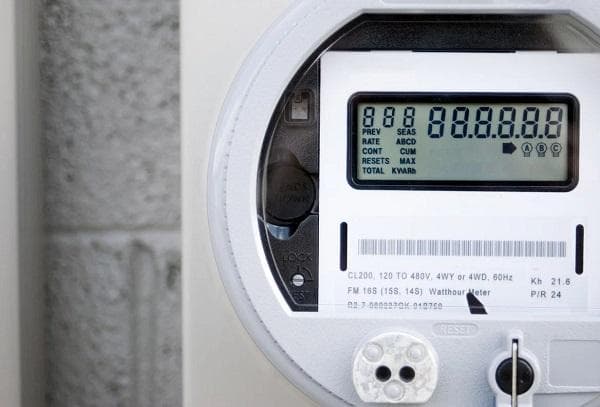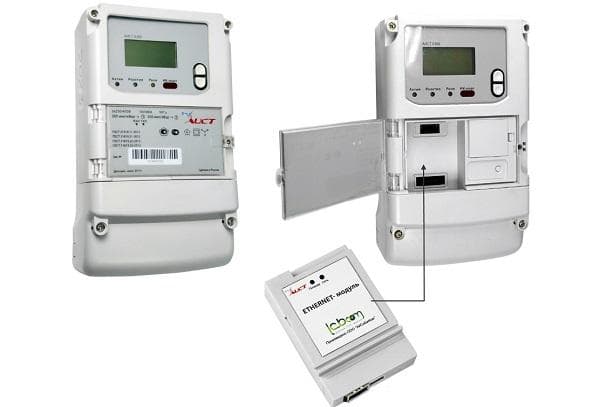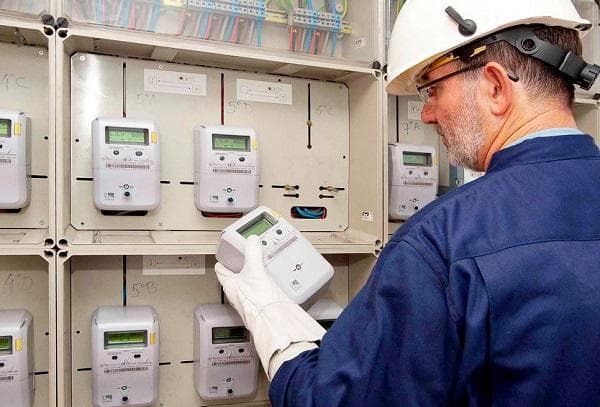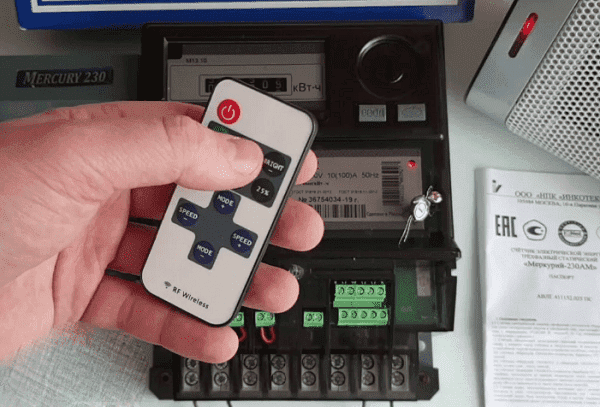Smart meters: what they are, whether they are useful or not for ordinary citizens and who benefits from them
The world is changing rapidly: new technologies are making adjustments to everyday life, whether we like it or not. Everyone will soon be faced with the installation of smart meters. But what will they bring to ordinary citizens?
What is a smart meter?
Scientists set out to endow all technology with “mind.” There are already smart cameras, vacuum cleaners, refrigerators, lighting... Now it’s the turn of metering devices.
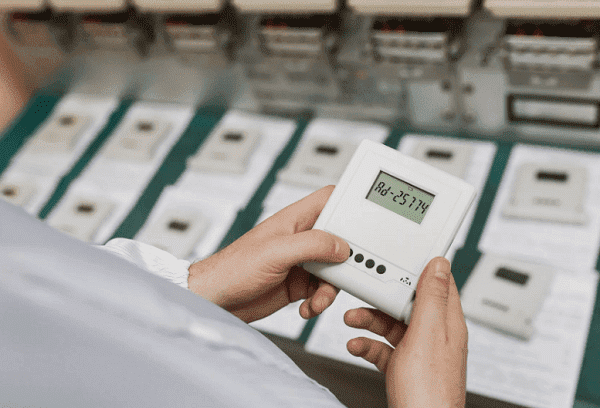
Smart meters convert consumed electricity, water, gas and heat into numbers (kWh, cubic meters), and independently transmit readings to services.
Soon everyone will have such a counter. On July 1, 2020, a law on a massive transition to intelligent electricity metering systems in private and apartment buildings came into force in Russia. The transition will be carried out smoothly as old devices break down. The allotted period is 3 years. That is, by 2023, all Russians must switch to a new data transmission system.
What do smart electricity meters look like?
Smart meters have no mechanical moving parts. They are made from electronic components. But the main difference is greater functionality. In addition to its direct function (counting consumed resources), the devices:
- keep records by day zones;
- systematize the testimony;
- measure network parameters;
- transmit information about emergency situations;
- display notifications (about debt and others).
What smart electricity meters look like:
The devices are quite massive. This is a whole set of equipment, which includes:
- electronic multi-tariff metering device (single- or three-phase);
- controller;
- fastenings for mounting the controller on a DIN rail.
There are about 300 different types of electronic devices of different years of manufacture. However, not all of them meet the requirements of an intelligent accounting system. In order for the management or energy sales company to accept the device for registration, it must be entered in the State Register of Measuring Instruments.
At the beginning of 2021, the choice of “suitable” models is small (Mercury 206 PRSN, Energomera CE102M R5 and some others). In the next six months, they promise to establish the production of smart meters and make them more affordable (from 4,000 rubles).
How do smart meters work?
The main task of the smart device is to automatically transmit hourly electricity (water, gas) consumption to the server. Data sending can occur once a day or more often. Devices are programmed with 2 tariffs by default. But you can reconfigure them to one or three tariffs.
Each owner of a smart meter can log into the “Personal Account” from a phone or computer and track all readings remotely. It can also be used to configure:
- schedule for sending testimony by email to your management company, HOA or RSO;
- analysis of resource consumption by month, day and hour using graphs.
The intelligent system is convenient because you can view meter readings in apartments anywhere with Internet access. For example, while on vacation in another country.Also, landlords will be able to remotely see the data of rental housing, and caring children will be able to help their elderly parents with utility bills.
Regarding the communication channel (controller), there are many solutions. The most popular are:
- A SIM card is inserted into the device and data transfer is carried out over a public cellular connection. Requires an outlet near the meter or a powerful battery and a good operator signal.
- Essentially, LPWAN is a cellular network, but only for smart devices. Transmitting data over it is not so energy-consuming, and the signal level is always stable. The downside is that the system requires a special tower to operate. It is installed on an apartment building or area, and a subscription fee is charged. That is, to install an LPWAN controller, a collective solution is required.
- Wi-Fi. Devices of this type communicate via Wi-Fi and run on AA batteries. You can buy them at any supermarket and change them yourself. Installation of the controller does not require approval from neighbors. All you need is working Wi-Fi in the house.
What is a smart meter with remote control?
Recently, “electronic meters with remote control” are often offered on the Internet. The same name refers to two different types of devices:
- Standard smart meters. By “remote control” we mean a personal smartphone through which you can enter your “Personal Account”, view readings, build graphs, etc.
- “Economy” meters that underestimate their readings fraudulently. Craftsmen insert special modules into standard devices. They are controlled by a remote control similar to a garage door remote control. At the will of the owner, the meter takes into account from 10 to 100% of consumed resources.
Needless to say, people who have installed or will install “economical” meters with a remote control run the risk of being fined. For a month of using the device, Muscovites face a fine of 50,000 rubles.
Questions and answers
Question: Who benefits from the introduction of smart meters?
Answer: First of all, business. According to the Criminal Code, about 30% of owners “forget” to transmit data on time, underestimate indicators or do not transmit them at all. As a result, the money collected does not match the accounts of the supplying organizations. Intelligent systems will allow you to restore order and build efficient loading models. Knowing how much, what and when subscribers consume, you can competently plan the construction of networks, quickly identify accidents and look for leaks. It is also possible to have a variation of meters with power outages in case of debt. Thus, it will be possible to easily solve the problem of persistent defaulters.
Question: Is a smart meter capable of overcharging?
Answer: Like any other device, a smart meter can fail. There is no “winding up” in this case. The display on the device simply goes out, and it stops counting resources. All indicators and the exact date of failure are stored in non-volatile memory. Old induction meters are much more susceptible to breakdowns and “winding up”. Moving elements are jammed or they rotate on their own. Modern devices do not have rotating disks, and therefore such errors are excluded.
Whether smart meters will benefit ordinary citizens is a big question. Definitely “in the black” will be those who previously did not have meters and paid according to the standards, while consuming much less electricity and water.Law-abiding citizens who replace old metering devices with new ones will not see big changes in their budget, but will benefit from convenience. Intelligent systems are definitely not beneficial for fraudsters and defaulters. It is more difficult to deceive them, and the fine for interfering with work is prohibitively high.
